Defeated Liberals now brace for leadership and policy war
Three frontrunners emerge as next leader of the Liberal Party, MPs prepare for an internal battle, after Peter Dutton led the Coalition to one of its biggest electoral drubbings.
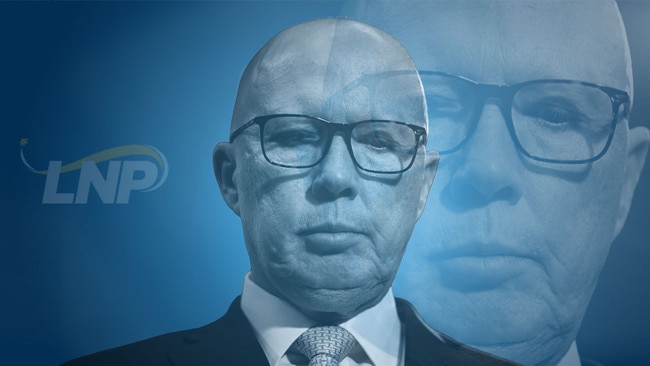
The next leader of the Liberal Party is expected to be Sussan Ley, Angus Taylor or Dan Tehan, as MPs prepare for an internal war on their future policy direction after Peter Dutton led the Coalition to one of its biggest electoral drubbings.
Several MPs said the leadership battle would likely be between the deputy Liberal leader, opposition Treasury spokesman and the immigration spokesman, after Mr Dutton lost his seat of Dickson.
A resurgent Anthony Albanese, meanwhile, will have the authority to serve the full term as prime minister and contest a third election.
Conservative Liberal MPs are likely to swing in behind Mr Taylor, but there will be fierce resistance to him being rewarded after failing to outline a coherent economic narrative as Treasury spokesman.
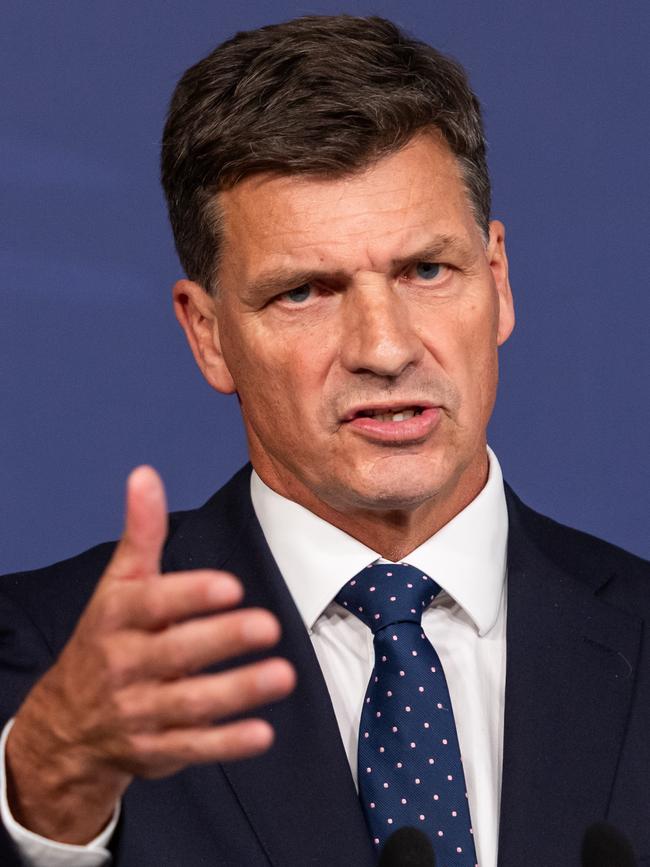
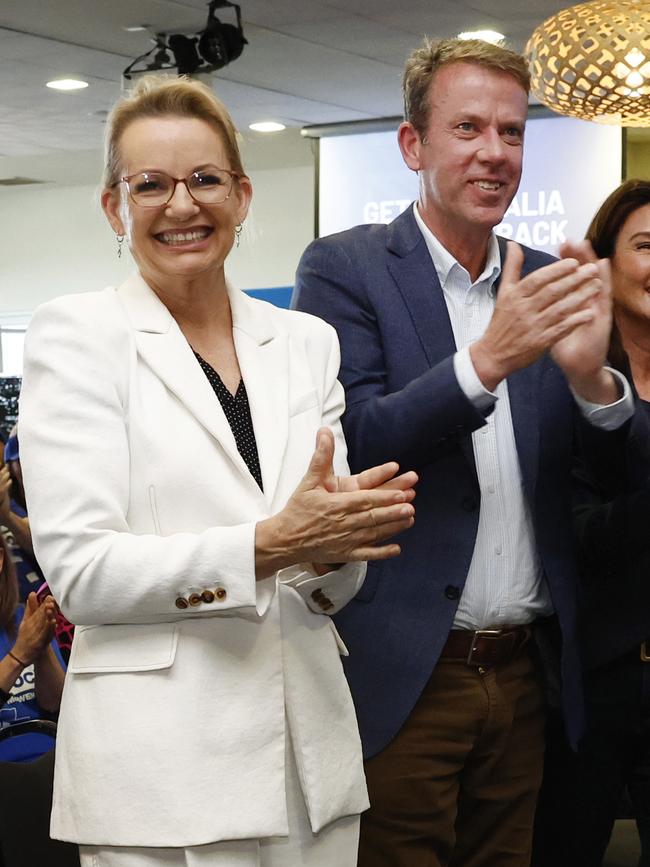
While Ms Ley was the deputy Liberal leader under Mr Dutton, some MPs argue she was sidelined from his inner sanctum and would be the Coalition’s best hope of winning back affluent seats lost to the teals and Labor over the past two terms.
Coalition MPs told The Australian there needed to be a policy fight early in the next term of parliament, arguing the opposition should have done this after losing in 2022.
“We haven’t had the policy debates,” one MP said.
There are Liberal MPs who say it was a big mistake to pursue cult-like unity rather than getting the policies right, with Mr Dutton’s leadership marked with a zero-tolerance of any MP who spoke against the party position.
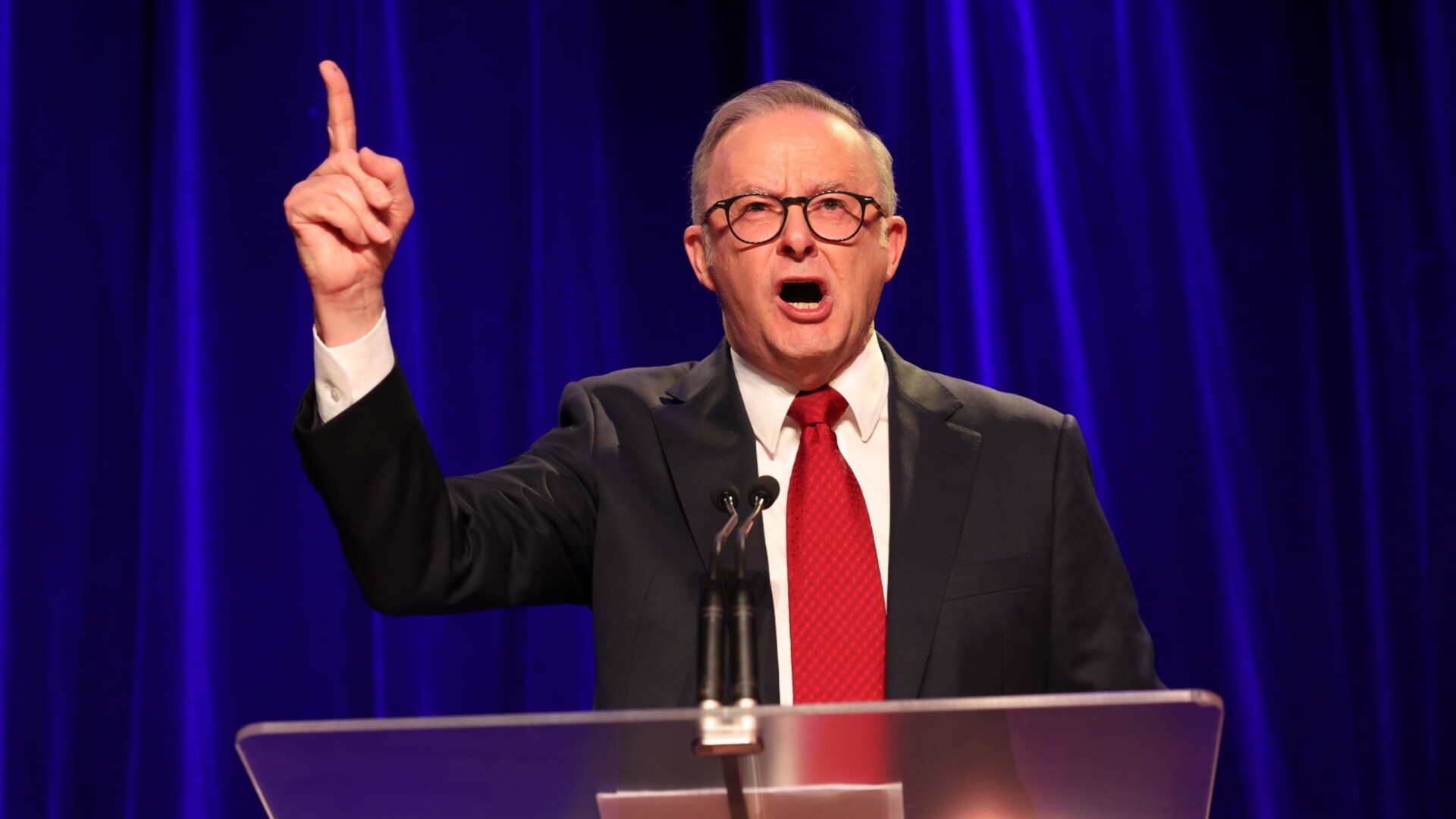
While Mr Taylor’s failure to execute an economic narrative was blamed in some quarters for the loss, other MPs believe the leaking against the Treasury spokesman was the beginning of the downfall for the Coalition’s campaign.
The Australian reported weeks out from the election being called there was dismay within Coalition ranks of the lack of policy offering and the performance of Mr Taylor.
One MP said the Coalition had “walked away” from its principles by embracing Labor’s big spending while offering the sugar hit of one-off tax cuts.
Another MP said the cost-of-living policies were announced too late, with the campaign reactive to what was being announced by the Prime Minister.
“It was pretty clear that people wanted a change, we just didn’t give them a reason,” one Liberal figure said.
Mr Tehan — who was on the outer under the leadership of Mr Dutton given his personal ambitions — would not say on Saturday night whether he would run as leader.
“I haven’t thought about it,” Mr Tehan told Sky News.
Mr Tehan, when asked whether nuclear energy would continue to be a part of the Coalition policy platform going into the future, said there needed to be a “root and branch” review of the election loss and that the party must “consider everything that has happened”.
Mr Taylor said the Liberal Party has “much to reflect on” in the wake of Labor’s win.
“It’s been a tough night for Liberals across the country – especially for Peter Dutton, a great friend who has served our party and our nation for more than two decades,” Mr Taylor wrote on X.
“There are still significant votes to be counted, but it is clear for the millions of Australians looking to the Liberal Party for a brighter future we have much to reflect on.”
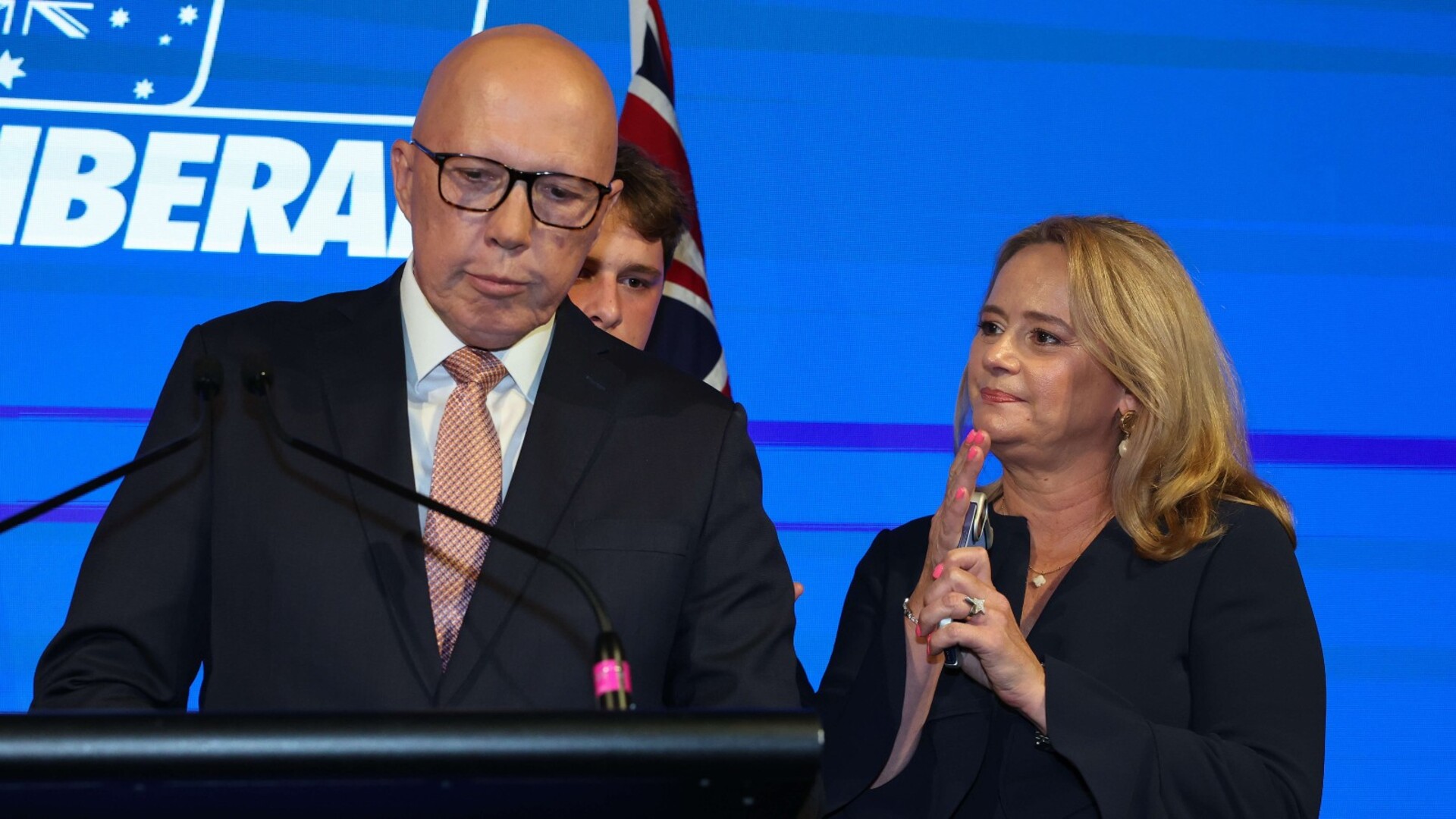
There are MPs who are scathing of the culture that emerged under Mr Dutton’s leadership, which saw a crackdown on speaking out on policy issues and people frozen out for raising concerns about direction.
The approach of Mr Dutton mimicked the culture of Labor, where MPs are expelled from the party if the vote against its position in parliament.
Coalition sources say there were times shadow ministers heard of a policy announcement in their area of responsibility by Mr Dutton freelancing at a press conference or in a media interview.
Coalition MPs likened Dutton’s campaign to the disastrous John Hewson and Bill Shorten defeats in 1993 and 2019.
They were incensed that some of their senior colleagues had been effectively benched, including Ms Ley, opposition defence spokesman Andrew Hastie and former Nationals leader Barnaby Joyce.
As previously revealed by The Australian, some of the most senior Coalition parliamentary figures had been frozen out of key-decision making and day-to-day campaigning.
Policy was being written and finalised on the run, with shadow cabinet expenditure review committee meetings being held during the campaign.
The rot had set in after expectations of an April 12 election were blown away by Tropical Cyclone Alfred. Peak chaos kicked-in during the March 25 budget week as Mr Dutton, Mr Taylor and their top advisers chopped and changed on their budget-in-reply speech after rejecting Jim Chalmers’ tax cuts on budget night.
While Labor staffers and lobbyists were drinking at the pub knowing their boss would call the election on the morning after the budget-in-reply speech, Coalition MPs were concerned there was no coherent plan and not enough policy out there.
While policy was undoubtably an issue, another problem was the failure of Mr Dutton to win over the public on a personal level.
As a former defence, immigration and home affairs minister who embraced his persona as a “hard-man”, Mr Dutton failed to soften his image. Apart from donning glasses, Mr Dutton did not show voters a softer, more personable side.
The crash in support for the Coalition from mid-January to May 3 was devastating. In just under four-months, Mr Dutton had sunk from a high probability of winning a minority government result, or potentially an outright victory, to a new reality of losing incumbent marginal seats and falling short in Labor and Teal electorates where the Liberals and Nationals had spent millions of dollars.


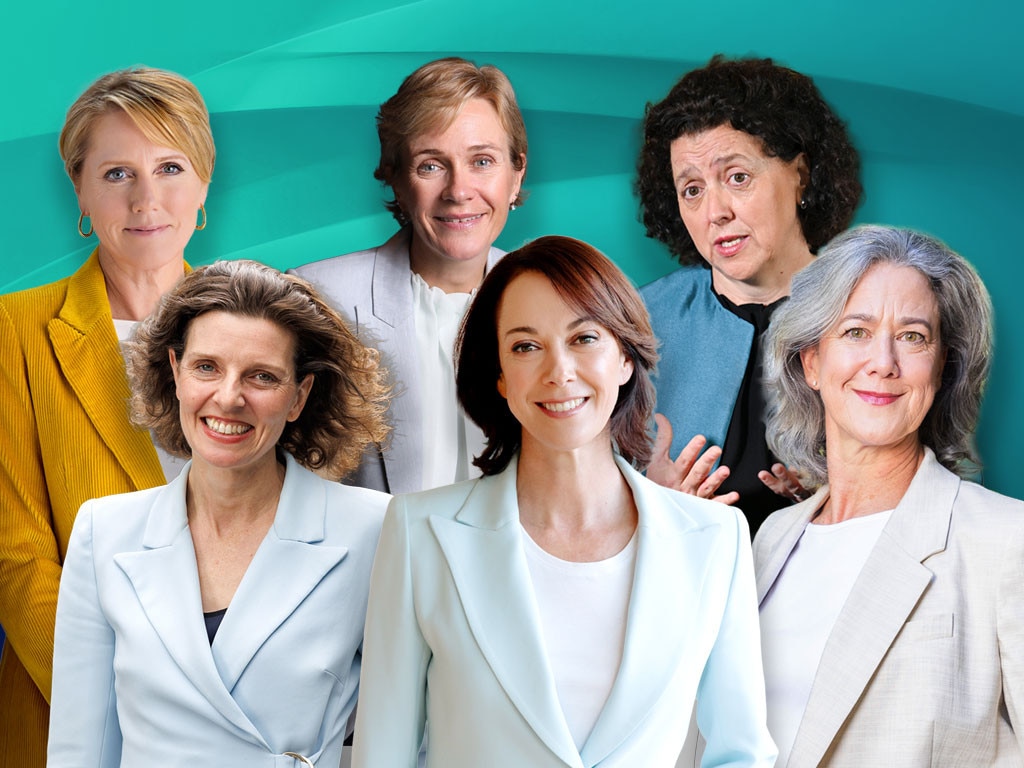
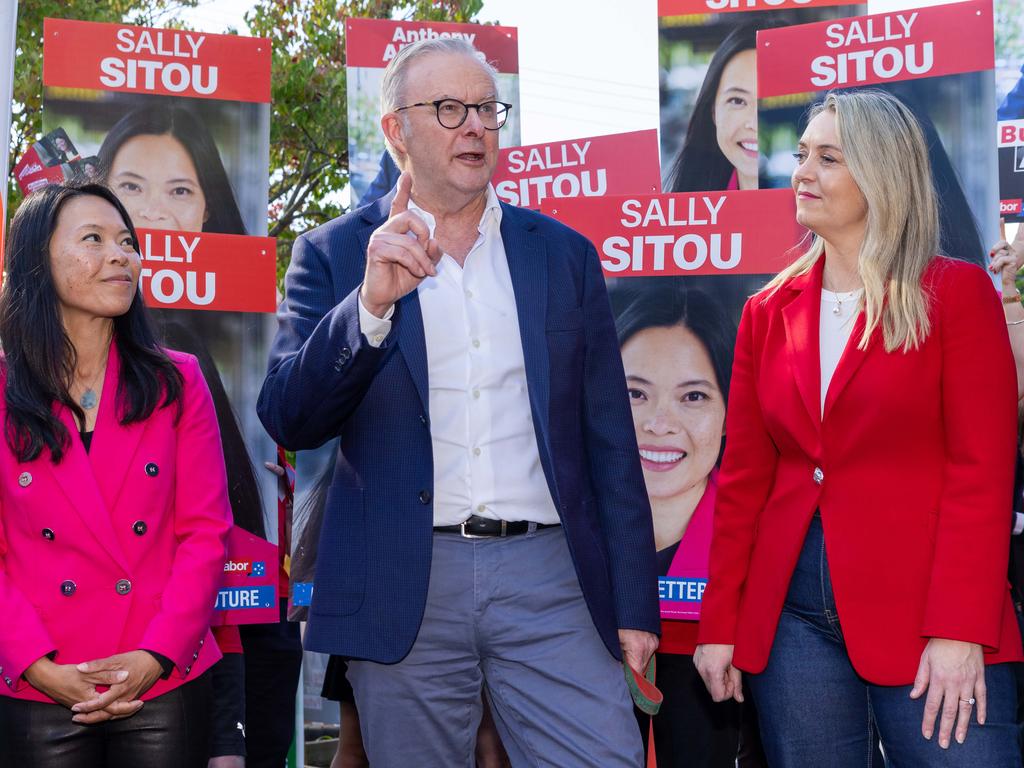
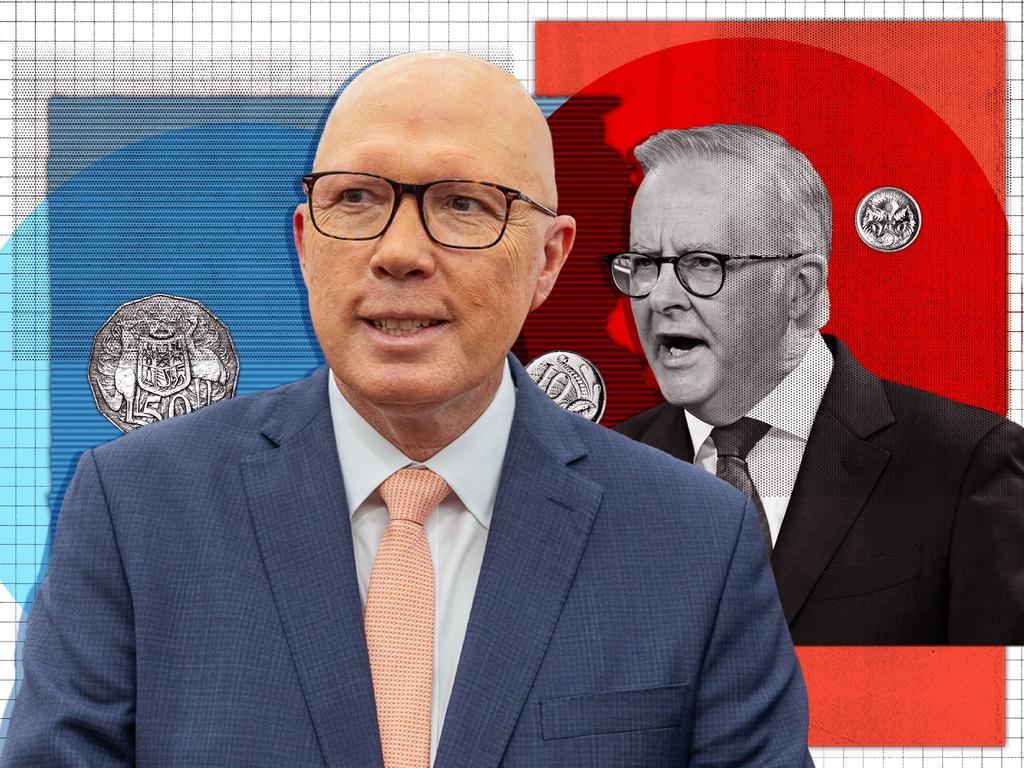
To join the conversation, please log in. Don't have an account? Register
Join the conversation, you are commenting as Logout